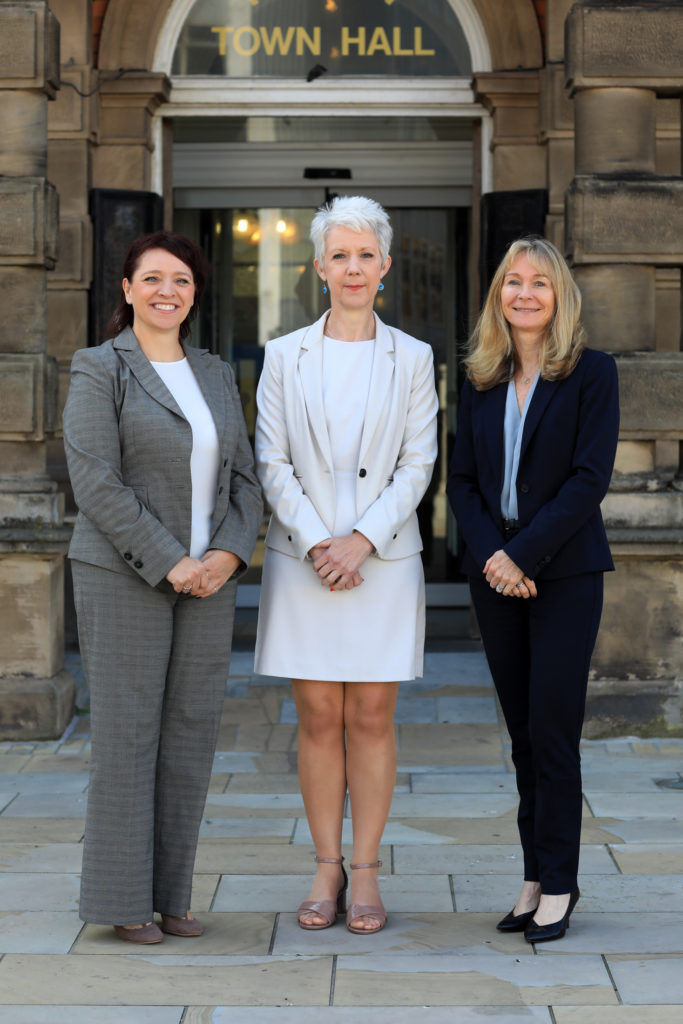Voluntary Financial Disclosure
Leave a CommentIf your marriage unfortunately breaks down, the last thing that you want to think about is agreeing financial matters between you and your spouse. However, even if you and your spouse divorce, financial claims remain open until you put in place what is known as a financial Consent Order. This Order will seek to end financial claims between you and your spouse and record your financial settlement.
Financial matters can be dealt with by way of Court proceedings; however, to attempt to keep matters amicable between you and your spouse, we would usually suggest that you attempt to reach a financial settlement on a voluntary basis without Court proceedings being initiated.
In order for us to be able to advise you of a financial settlement that is fair and in your best interests, we would instead initiate the process of voluntary financial disclosure. Even on a voluntary basis, both you and your spouse have a duty to provide full and frank voluntary disclosure and you must disclose everything that is relevant to your matrimonial finances.
Documents Required for Voluntary Financial Disclosure
Once you and your spouse have agreed that financial matters will be dealt with on a voluntary basis, we would ask that you provide us with the following documents:-
- Your salary / wage slips for the last three months;
- Your P60 for the last tax year;
- If you are self employed, a copy of your last two years’ accounts and tax returns / tax statements;
- Details of all your business interests together with the last two years accounts for each business;
- Your last 12 months bank and building society account statements or passbooks for all accounts in which you have an interest, either solely or jointly with another;
- Evidence of the amount of outstanding debts or liabilities which you have either solely or jointly with another, including credit card statements for the most recent three month period;
- Your estimate of the value of any property you own in your sole name or jointly with another;
- Your most recent annual mortgage statement or mortgage redemption statement for all property you own or in which you have an interest;
- The surrender values for all life or endowment policies which you possess solely or jointly with another and if possible the projected maturity values of such policies;
- Details of any other assets in which you have an interest, such as ISAs, PEPs, Bonds, Shares, National Savings Certificates, motor cars etc.;
- Details of any monies owed by you;
- Details of any monies due to be paid to you within the next twelve months for example as a result of inheritance; and
- Pension valuations for all your pension funds, whether current or frozen – we suggest you request these urgently as they can take several weeks to receive.

Your spouse will collate the same documents and once ready, the financial disclosure will be mutually exchanged with your spouse or their legal representative. You will both then be able to raise questions based on the disclosure that the other has provided in the hope that constructive negotiations can take place to agree a financial settlement.
Advantages of Voluntary Financial Disclosure
The advantages of dealing with financial disclosure on a voluntary basis include the following: –
- Matters may remain more amicable between you and your spouse compared to if Court proceedings were issued;
- Any financial agreement reached will be agreed by both you and your spouse, rather than being imposed by the Court;
- You have more control over the process, rather than needing to follow Court directions;
- The time taken to resolve matters is generally reduced as you will not need to wait for Court hearings to take place;
- Legal fees are generally much less when matters are being dealt with voluntarily.
Contact Us
If you would like to discuss any aspect of divorce or financial matters, please do not hesitate to contact our family department who will be pleased to assist you.



